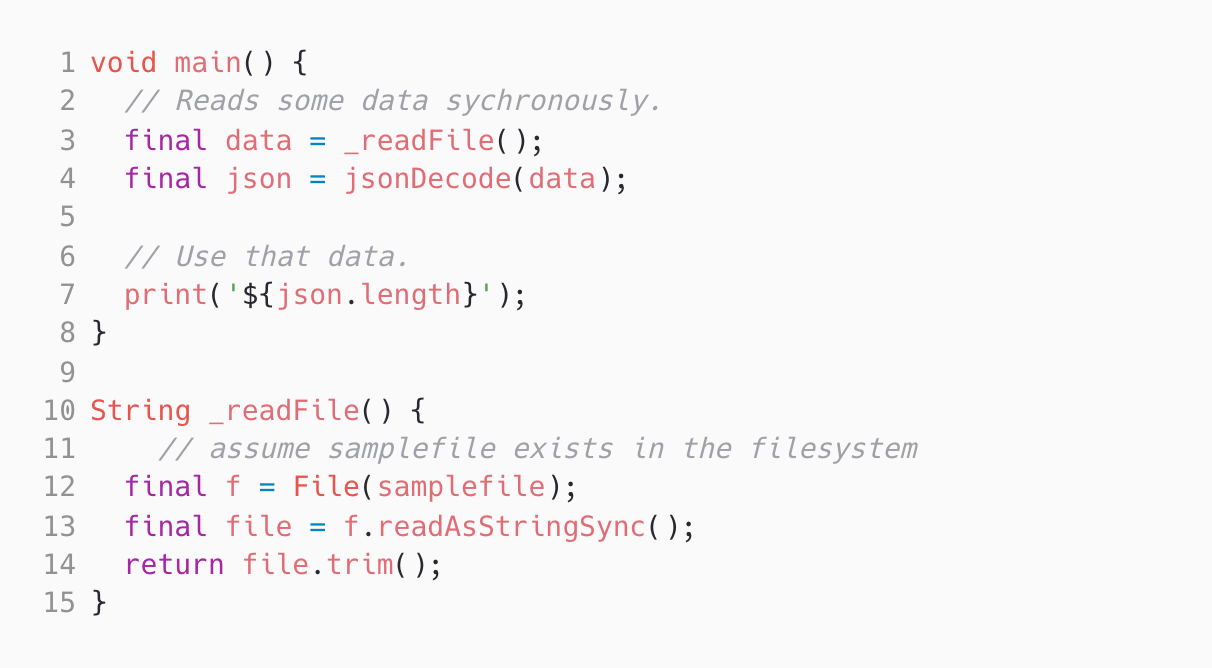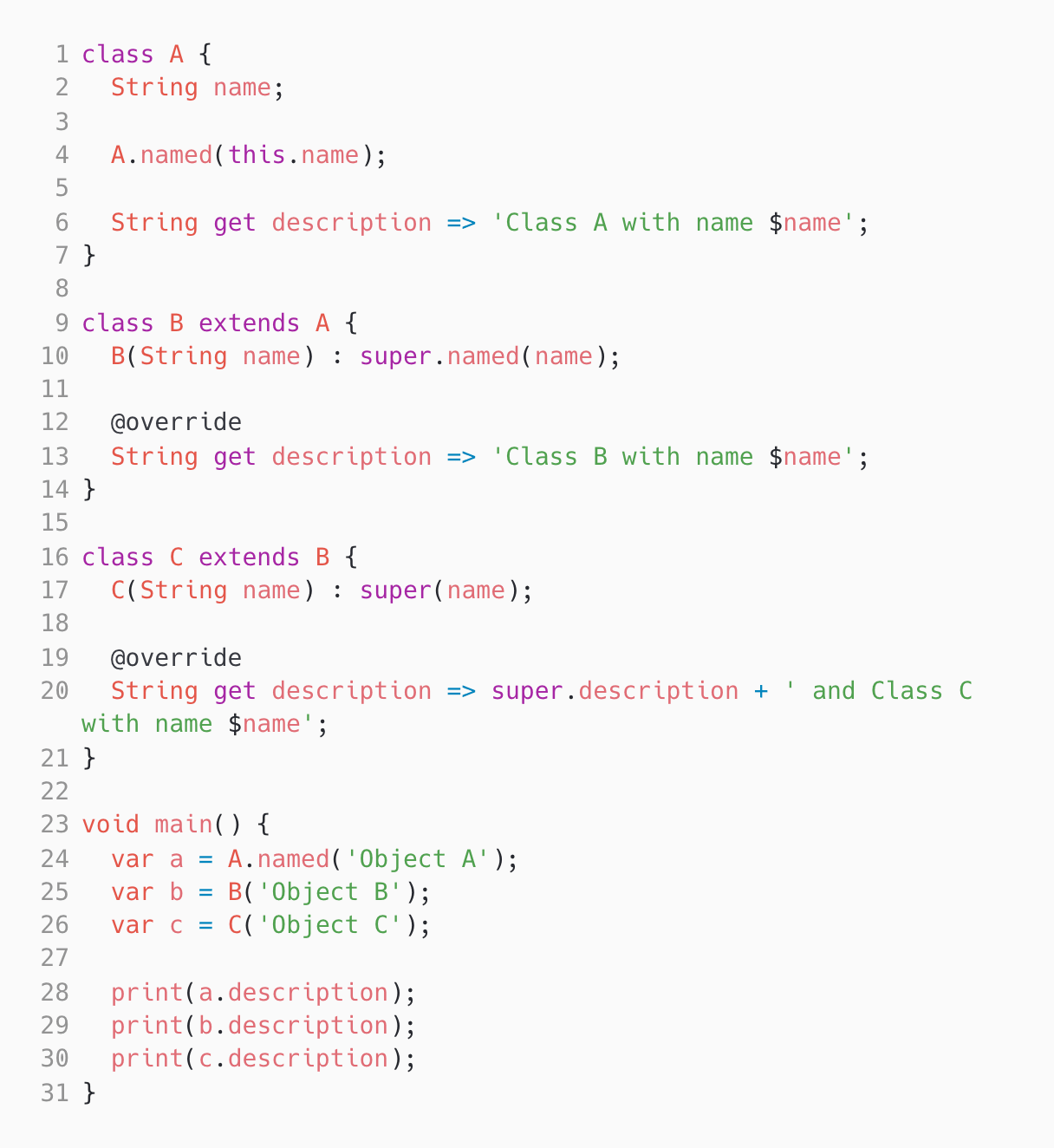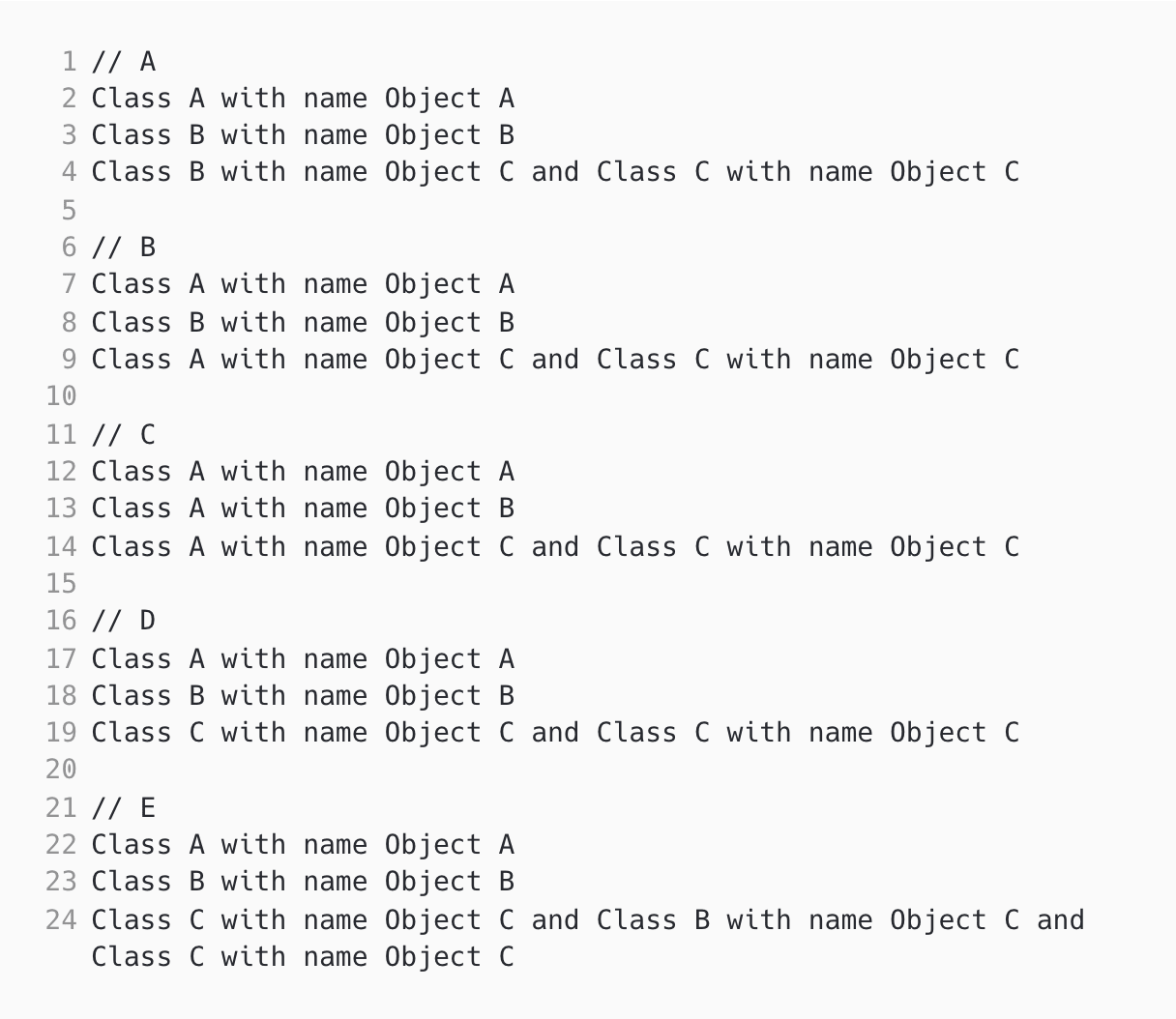Basic Syntax: Basic Syntax in Dart refers to the fundamental rules and structure of the language. It includes understanding of keywords, identifiers, operators, and statement terminators. Mastery of basic syntax is crucial for writing clean, error-free code and forms the foundation for more advanced programming concepts.
Data Types: Dart supports various data types such as numbers, strings, booleans, lists, and maps. Understanding data types is essential for efficient memory management and proper data manipulation. This skill ensures developers can choose the appropriate data type for different scenarios, leading to optimized and type-safe code.
Control Flow: Control flow mechanisms in Dart include conditional statements (if-else, switch) and loops (for, while, do-while). These constructs allow developers to create decision-making logic and repetitive operations in their programs. Proficiency in control flow is vital for implementing complex algorithms and managing program execution paths.
Functions: Functions in Dart are reusable blocks of code that perform specific tasks. They can accept parameters and return values, promoting code modularity and reusability. Understanding function declaration, parameters, return types, and scope is crucial for writing organized and maintainable code.
Lists: Lists in Dart are ordered collections of objects. They provide methods for adding, removing, and manipulating elements. Proficiency with lists is important for handling collections of data efficiently, such as managing user inputs or processing datasets.
Maps: Maps in Dart are collections of key-value pairs. They allow for efficient data lookup and storage of associated information. Understanding maps is essential for tasks like caching, data organization, and implementing complex data structures.
String Manipulation: String manipulation involves operations like concatenation, substring extraction, and pattern matching. In Dart, strings are immutable, and the language provides various methods for string operations. This skill is crucial for processing text data, user inputs, and generating formatted output.
Error Handling: Error handling in Dart involves using try-catch blocks and throwing exceptions. It allows developers to gracefully manage runtime errors and unexpected situations. Proper error handling is essential for creating robust and user-friendly applications that can recover from failures.
Object Oriented Programming: Object Oriented Programming (OOP) in Dart involves creating and using classes, inheritance, and interfaces. It promotes code organization, reusability, and modularity. Understanding OOP principles is crucial for designing scalable and maintainable software systems.
Algorithms: Algorithms are step-by-step procedures for solving problems or performing tasks. In Dart, this involves implementing common algorithms like sorting, searching, and data structure operations. Proficiency in algorithms is essential for optimizing code performance and solving complex programming challenges efficiently.

























































